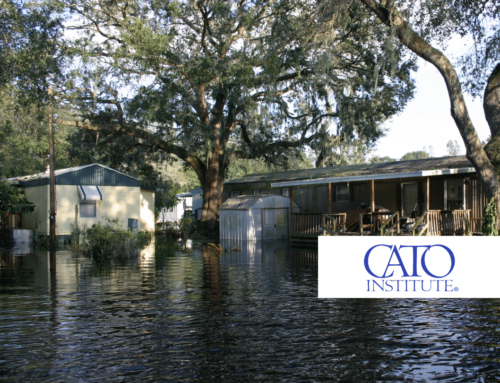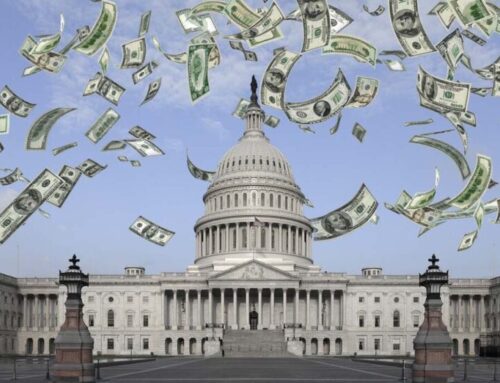As part of the disaster supplemental portion of the budget deal, Congress just approved and the president signed into law more than $25 billion in funding for the Community Development Block Grant (CDBG) program run out of the Department of Housing and Urban Development (HUD). This funding went into a disaster recovery program and a mitigation program; the latter to prepare for future disasters. Also, more than $7 billion had been previously approved for disaster recovery.
Neither of these programs (CDBG-DR or CDBG-M) are statutorily authorized. And this is the first time CDBG-M has existed. But Congress has been funding CDBG-DR after major disasters for more than a decade. Meaning, with no authorizing legislation to articulate Congress’ guidance, each administration comes up with their own way to operate the program. As you could imagine Bush HUD post-Katrina, Obama HUD post-Sandy, and Trump HUD post-Harvey/Irma/Maria are very different. And while disasters present different challenges, this represents a huge amount of cash that is given very little direction or structure from Congress. A “funded un-mandate” so to speak.
So that is a problem.
The regular CDBG program historically gets about $3 billion in funding. But last year the President proposed zero dollars for CDBG. The House and Senate HUD FY18 appropriations give CDBG $2.9 billion. This year? “The 2019 Budget does not request funding for CDBG.” TCS wants more accountability and transparency from CDBG, especially the emergency funds that are notoriously difficult to track. But here’s the rub with the Trump Administration’s approach. It’s hard enough for an office that normally deals with $3 billion in grants to suddenly and effectively handle $16 billion after Sandy, or more than $30 billion after the 2017 storms. But if you have no funding for the office, who is even there to write the checks post-disaster, much less do oversight?
TCS is for fiscal restraint and oversight, but putting zero dollars in the request for CDBG on one hand when you just gave it $25 billion with the other, just makes the budget look less fiscally responsible and accomplishes little.











Get Social